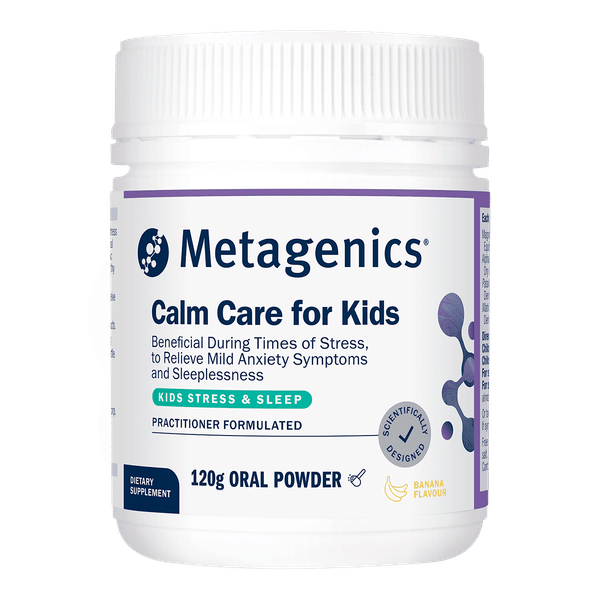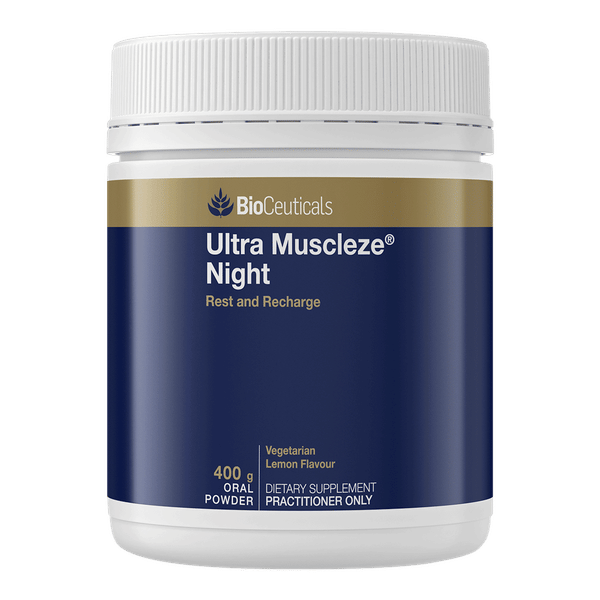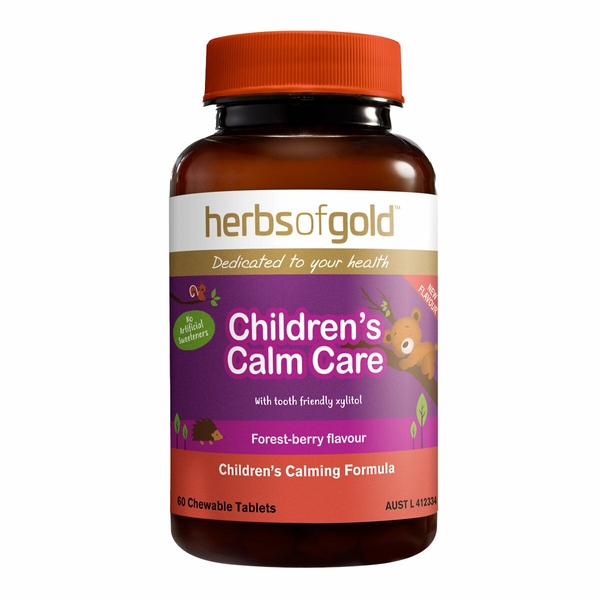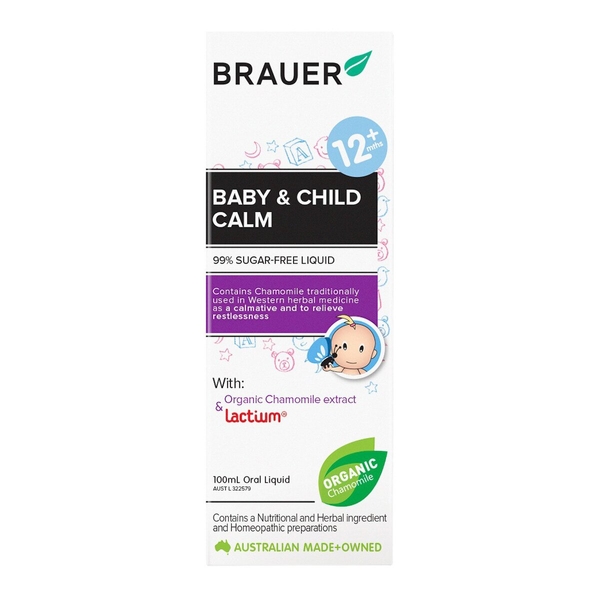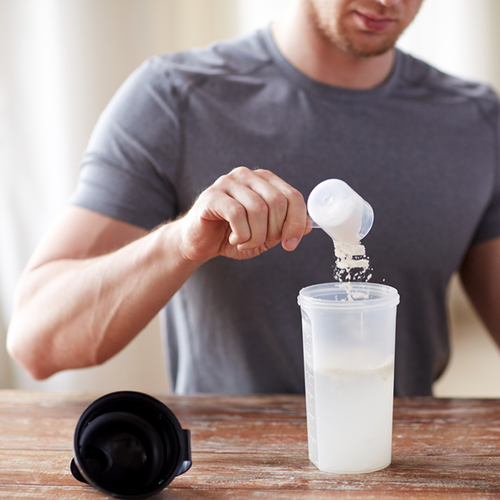
Casein peptides
Alternative names: C12, C12 Peptide, C12 Peption, Casein Decapeptide, Casein-derived Peptide, Casein-derived Lactotripeptides, Casein Peptide, Casein Hydrolysate, Casein Phosphopeptide, Casein Protein Hydrolysate, Casein Tripeptide, Cysteine Milk Peptide, eHC, eHCP, Extensively Hydrolyzed Casein Protein, Hydrolyzed Casein, Hypotensive Peptides, Isoleucine-Proline-Proline, Lactotripeptide, Lactotripeptides, Peptide C12, Peptides de Caseine, Peptides de Caséine, Peptides Hypotenseurs, Péptidos de la Caseína, Sour Milk Extract, Sour Milk Peptides, Tripeptide de Caséine, Valine-Proline-Proline
Background
Casein protein makes up about 80% of the protein found in milk. When consumed, the body breaks casein down into smaller pieces called casein peptides.
Casein peptides can also be made in the lab and used in supplements. It's sometimes called "casein hydrolysate" or "hydrolyzed casein" on labels. Some casein peptides might have effects that lower blood pressure. They might also have antiallergy effects when used instead of cow's milk.
People use casein peptides for eczema, food allergies, and being prone to allergies and allergic reactions (atopic disease). They are also used for colic, diabetes, high blood pressure, neonatal jaundice, asthma, infant development, acne, stress, and many other conditions, but there is no good evidence to support most of these uses.
Don't confuse casein peptides with casein protein. These are not the same.
Casein peptides can also be made in the lab and used in supplements. It's sometimes called "casein hydrolysate" or "hydrolyzed casein" on labels. Some casein peptides might have effects that lower blood pressure. They might also have antiallergy effects when used instead of cow's milk.
People use casein peptides for eczema, food allergies, and being prone to allergies and allergic reactions (atopic disease). They are also used for colic, diabetes, high blood pressure, neonatal jaundice, asthma, infant development, acne, stress, and many other conditions, but there is no good evidence to support most of these uses.
Don't confuse casein peptides with casein protein. These are not the same.
Safety Safety definitions
When taken by mouth: Casein peptides are likely safe when consumed appropriately. They're usually well-tolerated.
Infants and children: Casein peptides are likely safe for children and infants when taken by mouth appropriately. Most infants receiving casein peptide-based formulas do not experience side effects.
Milk allergy: People with milk allergy are allergic to the proteins contained in milk. They may also be allergic to fragments of milk proteins, such as casein peptides. If you have a milk allergy, it's best to avoid taking casein peptides. There are some specific casein peptide formulas that can be safely given to infants with milk allergy. These formulas are: Alimentum, Damira 2000, Frisolac Allergycare, and Nutramigen.
Surgery: Casein peptides might affect blood pressure. This might interfere with blood pressure control during and after surgery. Stop taking casein peptides at least 2 weeks before a scheduled surgery.
Special Precautions & Warnings:
Pregnancy and breast-feeding: There isn't enough reliable information to know if casein peptides are safe to use when pregnant or breast-feeding. Stay on the safe side and avoid use.Infants and children: Casein peptides are likely safe for children and infants when taken by mouth appropriately. Most infants receiving casein peptide-based formulas do not experience side effects.
Milk allergy: People with milk allergy are allergic to the proteins contained in milk. They may also be allergic to fragments of milk proteins, such as casein peptides. If you have a milk allergy, it's best to avoid taking casein peptides. There are some specific casein peptide formulas that can be safely given to infants with milk allergy. These formulas are: Alimentum, Damira 2000, Frisolac Allergycare, and Nutramigen.
Surgery: Casein peptides might affect blood pressure. This might interfere with blood pressure control during and after surgery. Stop taking casein peptides at least 2 weeks before a scheduled surgery.
Effectiveness
NatMed Pro rates effectiveness based on scientific evidence according to the following scale: Effective, Likely Effective, Possibly Effective, Possibly Ineffective, Likely Ineffective, Ineffective, and Insufficient Evidence to Rate.
Likely effective Effectiveness definitions
- Eczema (atopic dermatitis). Feeding infants formula containing casein peptides with or without breastmilk for up to 6 months reduces the chances of getting eczema.
- Prone to allergies and allergic reactions (atopic disease). Feeding infants formula containing casein peptides instead of cow's milk reduces the risk for allergies in infants with a family history of allergic conditions. But it's not clear if it benefits infants without a family history of allergic conditions.
- Food allergies. Some formulas containing casein peptides are safe and do not cause allergic reactions in children who have an allergic reaction to cow's milk. These formulas include Alimentum, Damira 2000, Frisolac Allergycare, and Nutramigen.
Possibly effective Effectiveness definitions
- Excessive crying in infants (colic). Feeding infants with colic a formula containing casein peptides reduces crying short-term.
- Diabetes. Eating casein peptides with carbohydrates might improve insulin and glucose levels after a meal in people with type 2 diabetes. It's not clear if casein peptides reduce the risk for type 1 diabetes in infants.
- High blood pressure. Taking certain casein peptides, sometimes called lactotripeptides, seem to lower blood pressure by a small amount in people with high blood pressure.
- High levels of a chemical called bilirubin in the blood of newborns (neonatal jaundice). Feeding infants formula containing casein peptides instead of a formula containing whey protein or breastmilk seems to reduce the risk of jaundice in newborns.
Possibly ineffective Effectiveness definitions
- Asthma. Feeding infants formula containing casein peptides, with or without breastmilk, doesn't reduce the risk of asthma in infants.
- Infant development. Feeding premature, low-birth weight, or healthy infants a formula containing casein peptides does not increase or decrease growth when compared with breast milk or other formulas.
Dosing & administration
Casein peptides have most often been used by adults in doses up to 10.5 mg by mouth for 21-48 weeks. In infants and newborns, specific casein peptide formulas (Nutramigen or Progestimil, Mead Johnson) have been used for up to 18 months. Speak with a healthcare provider to find out what type of product and dose might be best for a specific condition.
Interactions with pharmaceuticals
Medications for high blood pressure (Antihypertensive drugs)
Interaction Rating=Moderate Be cautious with this combination.
Casein peptides might lower blood pressure. Taking casein peptides along with medications that lower blood pressure might cause blood pressure to go too low. Monitor your blood pressure closely.
Interactions with herbs & supplements
Herbs and supplements that might lower blood pressure: Casein peptides might lower blood pressure. Taking it with other supplements that have the same effect might cause blood pressure to drop too much. Examples of supplements with this effect include andrographis, L-arginine, niacin, and stinging nettle.
Interactions with foods
There are no known interactions with foods.
Products
View all productsPractitioner product
Per 8 g (Lemon):
- Hydrolysed milk protein with Alpha-casozepine (Lactium) 75 mg
- Calcium hydrogen phosphate dihydrate 601.1 mg equiv. calcium 140 mg
- Magnesium amino acid chelate 2.1 g equiv. magnesium 244 mg
- Sodium phosphate dibasic anhydrous 4 mg equiv. sodium 1.3 mg
- Myo-inositol 1 g
- Choline bitartrate 625.7 mg equiv. choline 257.2 mg
- Glycine 250 mg
- d-alpha-Tocopheryl acid succinate 68 mg equiv. vitamin E 82.5 IU
Practitioner product
RRP: $38.50$26.95Save: 30%
Create account
RRP: $20.99$16.79Save: 20%
Discontinued by Brauer
Create account
vital.ly has licensed monographs from TRC Healthcare.
This monograph was last reviewed on 24/03/2025 11:00:00 and last updated on 31/03/2022 09:46:34. Monographs are reviewed and/or updated multiple times per month and at least once per year.
Natural Medicines disclaims any responsibility related to medical consequences of using any medical product. Effort is made to ensure that the information contained in this monograph is accurate at the time it was published. Consumers and medical professionals who consult this monograph are cautioned that any medical or product related decision is the sole responsibility of the consumer and/or the health care professional. A legal License Agreement sets limitations on downloading, storing, or printing content from this Database. No reproduction of this monograph or any content from this Database is permitted without written permission from the publisher. It is unlawful to download, store, or distribute content from this site.

